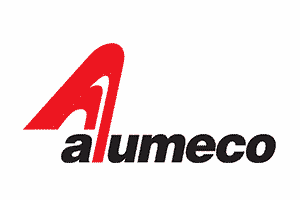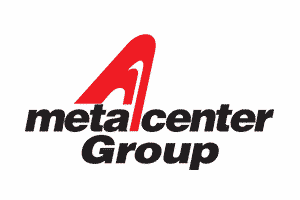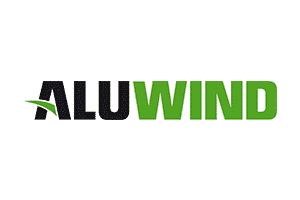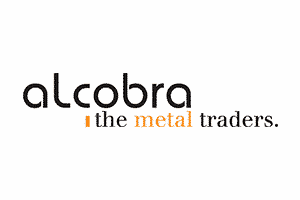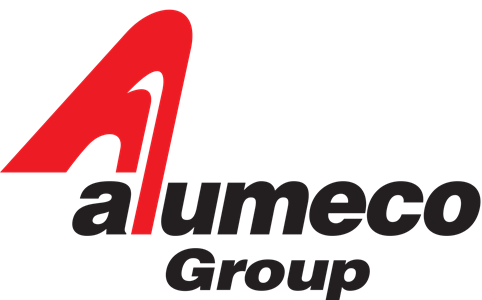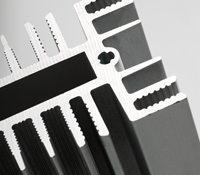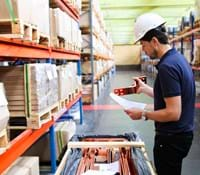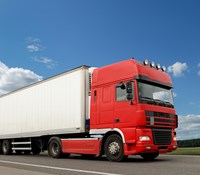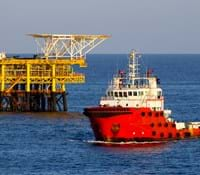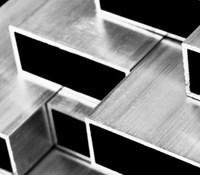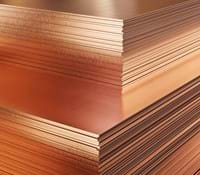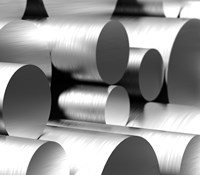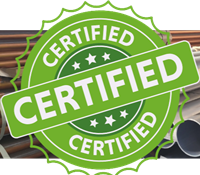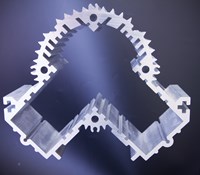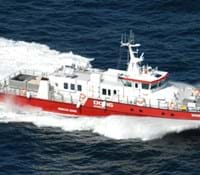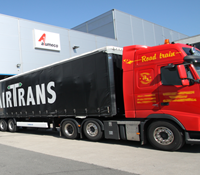CBAM: The EU carbon tax is coming into force

What is CBAM?
CBAM (Carbon Border Adjustment Mechanism) is the EU carbon tax on imported goods which aims to balance carbon emissions between the EU and the rest of the world.
The purpose of CBAM is to prevent companies from moving their carbon-intensive purchasing or production processes outside the EU to artificially improve their carbon footprint in Europe – so-called carbon leakage.
In the metal category, CBAM applies to aluminium, iron and steel (including stainless steel), but not to copper, brass and bronze.
Transitional phase ends 1 January
Since October 2023, we have been in a transition phase where importers have had to report the carbon footprint of imported products but not pay the tax. That phase will end 1 January:

- Transitional phase (1 October 2023-31 December 2025)
- Importers are required to report the carbon footprint of their imported products.
- No CBAM tax is paid
- Definitive phase (from 1 January 2026)
- Importers must be authorised CBAM declarants (by the end of March 2026).
- CBAM certificates corresponding to the reported carbon emissions must be purchased and paid. Certificates for emissions in 2026 will be purchased from February 2027.
Recent changes and simplifications
If you have looked into the rules of CBAM a while ago, you need to know about the latest changes. In 2025, CBAM was simplified as part of the Omnibus I package:
- De minimis threshold: Importers who import less than 50 tonnes per year are exempt from CBAM.
- Reporting: The annual reporting deadline has been moved to 31 October of the following year.
- Data verification: Only required when using actual emissions data – default values can be used without verification.
What do you need to do?
If you buy your materials through Alumeco, you will not have to do anything. Alumeco is the importer of the goods and is responsible for the reporting and payment of CBAM certificates.
If you import aluminium, iron or steel yourself, you must register as a CBAM declarant and report to the EU. You will be reporting through the relevant authority in your country.
The reporting includes:
- HS codes and country of origin of the products.
- The total quantity of each product type (based on HS codes) under CBAM.
- Supplier information with address, contact and telephone number.
- Installation address (location of production facility), contact and phone number.
- The total direct emissions from the production (the EU will provide standard values in 2026 if you do not have the actual data from your supplier).
- Information on any carbon taxes paid in the country of origin (must be approved by the EU).
